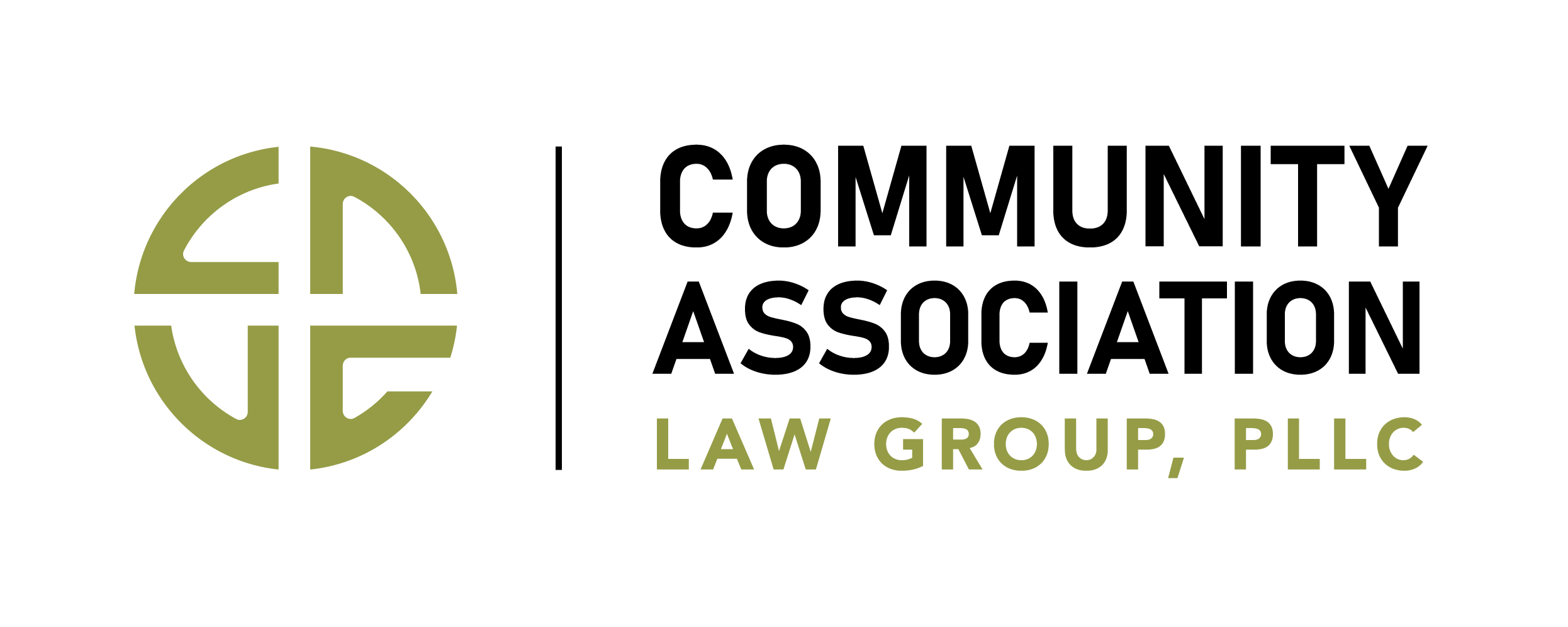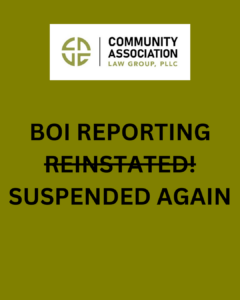With the legislature’s passage of the “WUCIOA for All” bill, which makes WUCIOA applicable to all communities beginning in 2028, all Washington associations will soon be required to have open meetings and allow for a member comment period on anything related to the association. This is a big change for many Washington associations, and I think it has a high likelihood of lengthening meetings and increasing community hostility for many associations. Most communities have a few outspoken members that tend to monopolize an open “owner’s forum” so it’s best to implement good procedures now to keep meetings moving. The strategic use of agendas is one of the best ways to accomplish this.
As I am sure most of you know, an agenda is a document distributed before a meeting that outlines what will occur and what business will be undertaken during that meeting. While drafting agendas can be tedious and time-consuming, a good agenda can be invaluable in keeping a meeting running smoothly—especially when you are dealing with contested issues or frustrated Owners. According to the most typical type of parliamentary procedure, there are a few types of agendas an association may choose to use, and the meeting chair can choose to change up the type of agenda from meeting to meeting. Potential agenda styles include:
1. Informal Agenda
This is what many associations prepare for board meetings. These are the least official and the agenda order is not binding on the body. This works great when you have a smaller group of people and want the most flexibility on what is discussed. Given the changes from “WUCIOA for All,” it may be more important than ever to try to stay on topic, so we recommend slightly more formal agendas.
2. Timed Agenda
A timed agenda is just an informal agenda with suggested times next that each item that will be discussed. For example:
6:00 pm: Call to Order;
6:05 pm: ACC Committee Report;
6:20 pm: Legal Update with Counsel (Executive Session);
6:40 pm: Reconvene and vote on any issues that arose during executive session;
6.45 pm: Owner’s forum
7:00 p.m. Adjourn.
6:00 pm: Call to Order;
6:05 pm: ACC Committee Report;
6:20 pm: Legal Update with Counsel (Executive Session);
6:40 pm: Reconvene and vote on any issues that arose during executive session;
6.45 pm: Owner’s forum
7:00 p.m. Adjourn.
Like the informal agenda, this is not binding, but if a community has a limited amount of time, a number of things to accomplish, tends to get sidetracked frequently, or has people coming to present (legal update with attorney, fine hearing with an owner, presentation from a contractor, etc.), a timed agenda can be a useful tool to keep everyone on task.
3. Adopted Agenda






